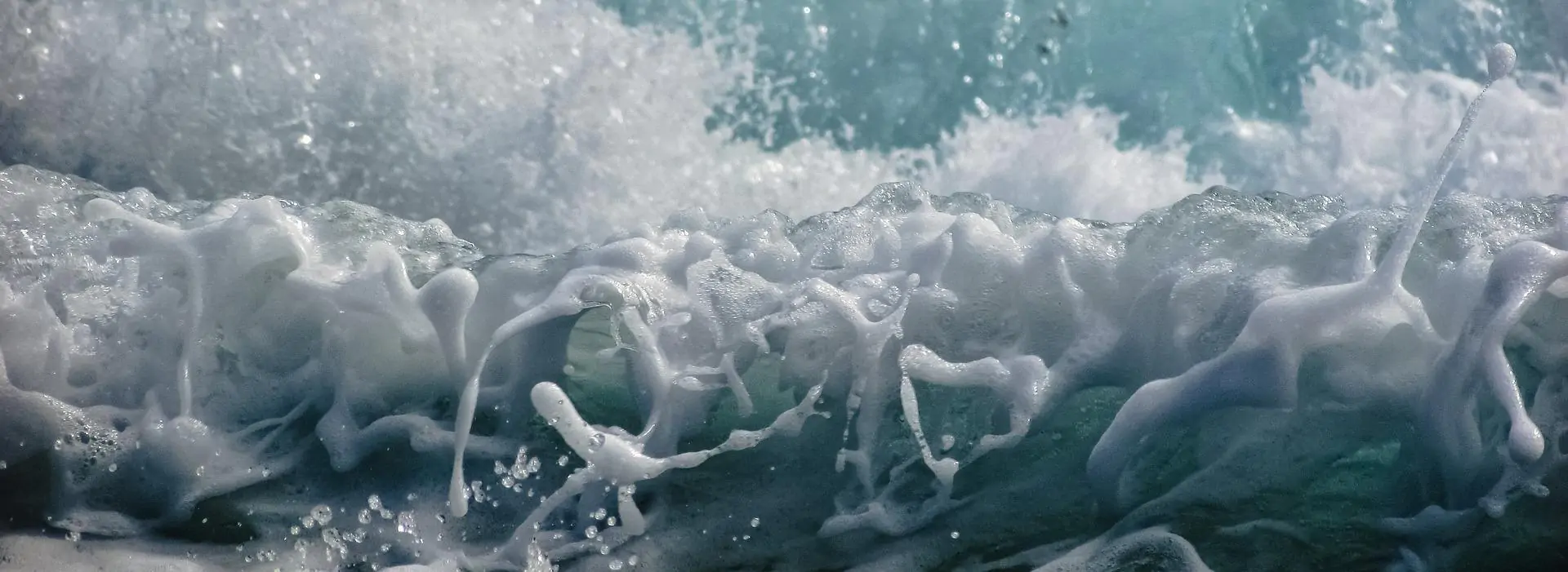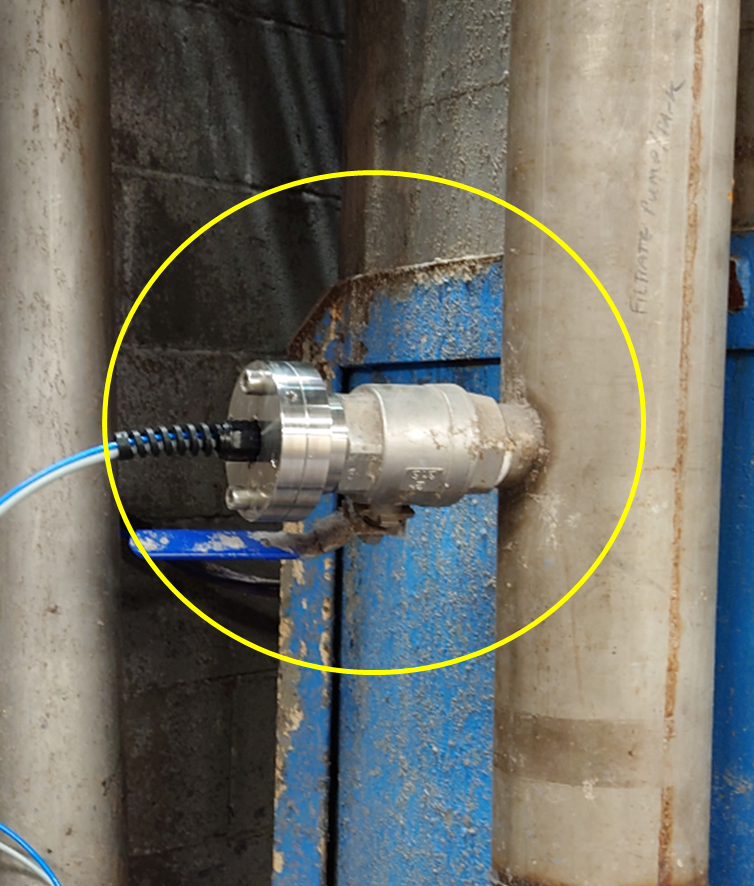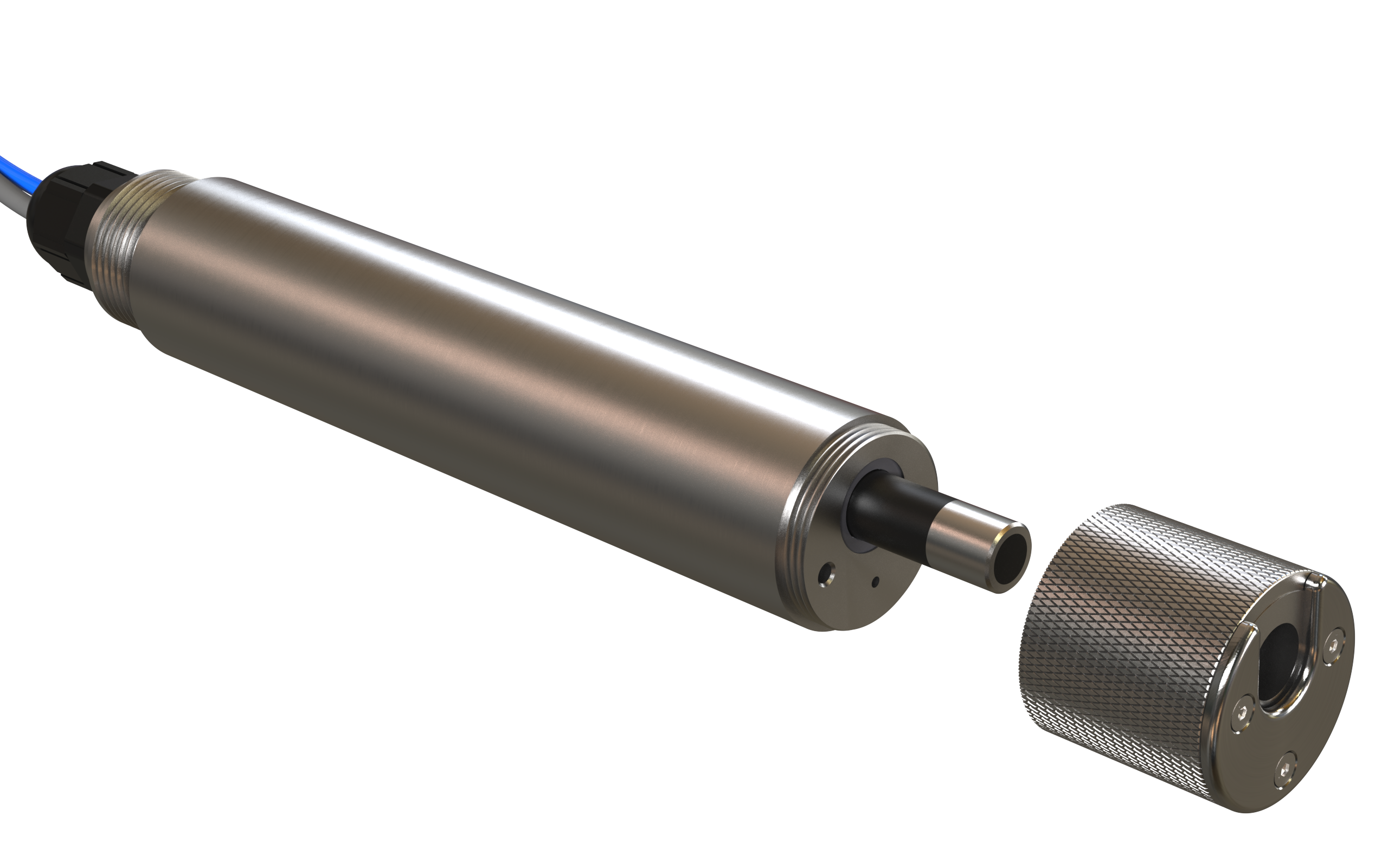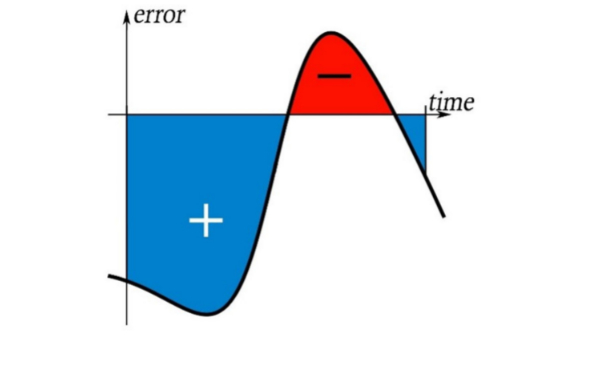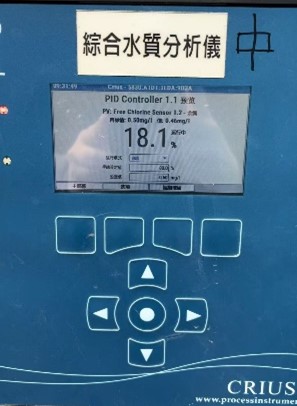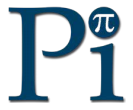Instrument Controllers: AI or Good Quality Data?
The Water Control Room Forum (W-CRF) is a specialized subgroup within the Sensors for Water Interest Group (SWIG). SWIG is a UK-based networking organization that brings together professionals from the water and sensor industries. It serves as a platform for sensor manufacturers, end-users, distributors, and researchers to share information, discuss new advancements, address industry challenges, and explore emerging requirements within the water sector.
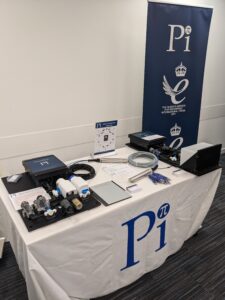
The W-CRF holds two meetings annually. In November 2024, Dr. Rob Paramore, Pi’s Sales Director, attended the final meeting of the year. The focus of the discussion was the application of artificial intelligence (AI) in the water industry, particularly for municipal water companies. AI is rapidly gaining traction across various industries, with the goal of leveraging predictive analytics to identify patterns and prevent issues before they occur.
Most municipal water companies operate large control rooms that handle vast amounts of data, which can be challenging to analyze. One of the key topics discussed at the conference was the potential of using AI to analyze these large datasets. In this context, AI could significantly speed up the analysis compared to traditional methods. Additionally, the AI system could identify and store data trends and patterns over time. Ideally, as data is processed and analyzed in real-time, emerging patterns would be recognized, and if intervention is necessary, operators would be notified immediately. This proactive approach would help prevent issues before they arise, improving system uptime, enhancing customer satisfaction, and ultimately reducing costs for plant owners.
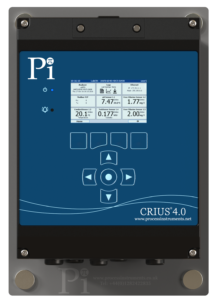
However, as the saying goes, “garbage in, garbage out.” As a manufacturer of water quality analyzers and sensors, Pi’s primary concern is the quality of the data being analyzed. Expert AI analysis is essentially ineffective if the data it processes is inaccurate or unreliable. Ensuring high-quality, reliable data is crucial for AI to deliver meaningful and actionable insights.
Rob showcased Pi’s CRIUS®4.0 and CRONOS® water quality controllers, which are advanced instrument controllers designed to measure, control, and monitor a wide range of parameters across various applications. These multi-sensor, multi-channel, multi-parameter analyzers significantly reduce the cost per measurement point for a variety of parameters, including but not limited to pH, residual chlorine, ORP, alkalinity, dissolved air flotation (DAF), chlorine dioxide, dissolved oxygen, and turbidity. All of this is achieved without compromising the accuracy or reliability of the measurements.
Some of the key benefits of Pi’s CRIUS®4.0 controller include:
- 4-20mA output and relays for seamless integration with existing systems
- Multiple digital communication options for flexibility in connectivity
- Capacity to support up to 16 sensors, offering extensive monitoring capabilities
- Both wireless and wired internet access for versatile connectivity
- Remote access, allowing data to be accessed from anywhere in the world
- Full PID capability with remote setpoint, enabling external devices to adjust the setpoint as needed
In many applications, Pi’s CRIUS®4.0 and CRONOS® controllers function as a ‘mini’ PLC, offering a cost-effective and user-friendly alternative without compromising data quality. Users can select from a pre-configured model or customize a bespoke system to meet their specific needs. For more information about Pi’s instrument controllers, please click here.

